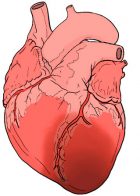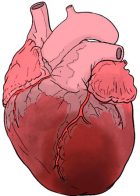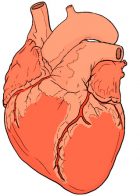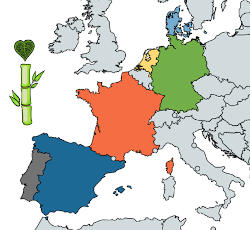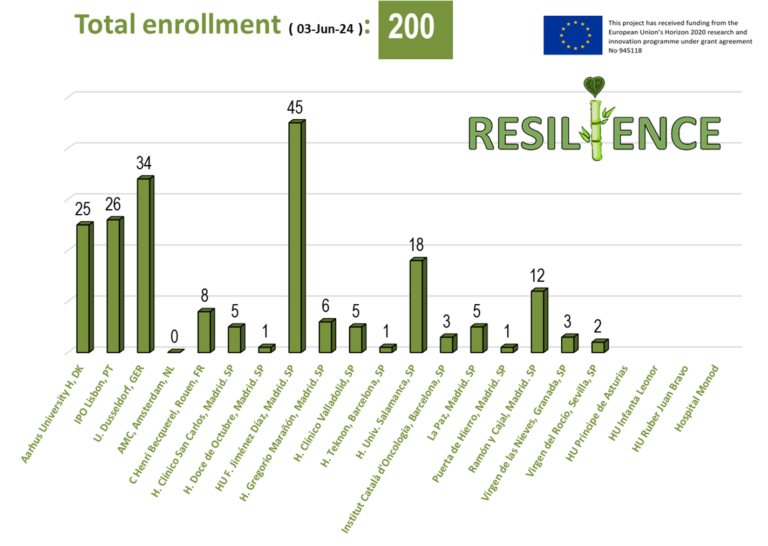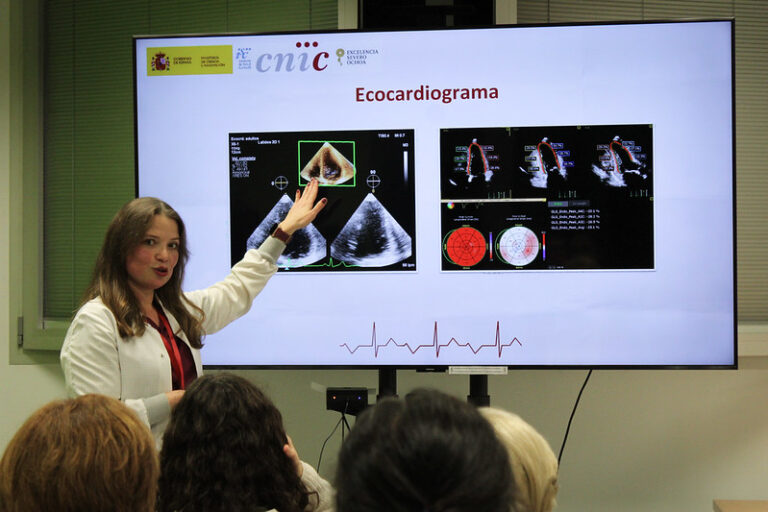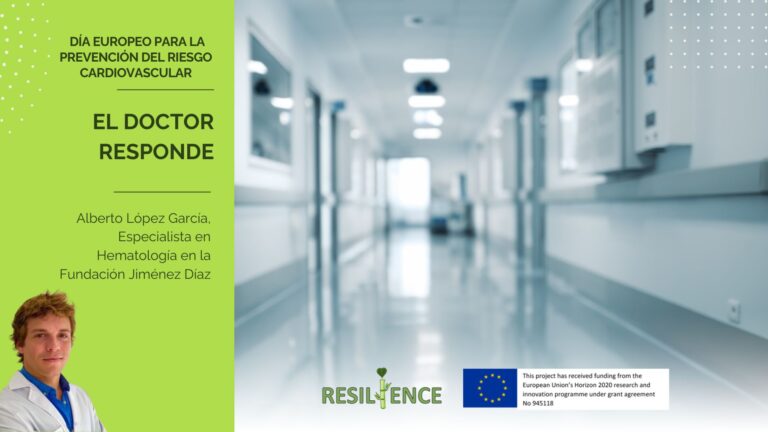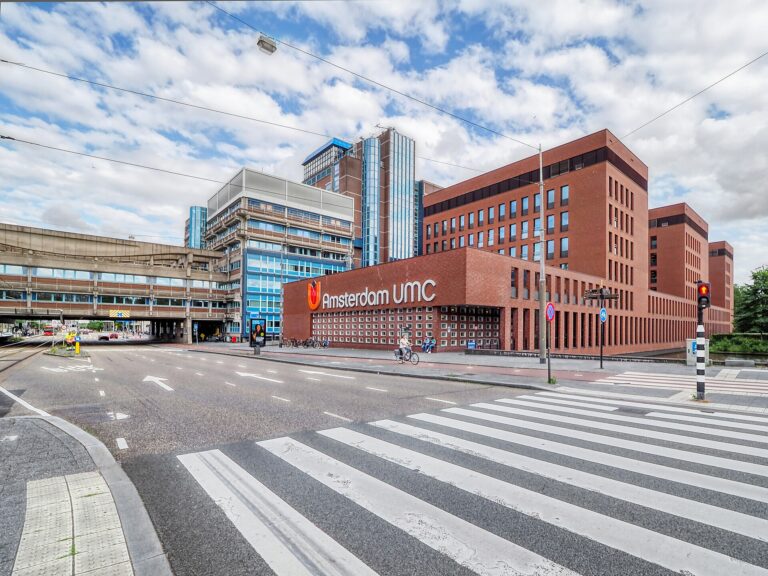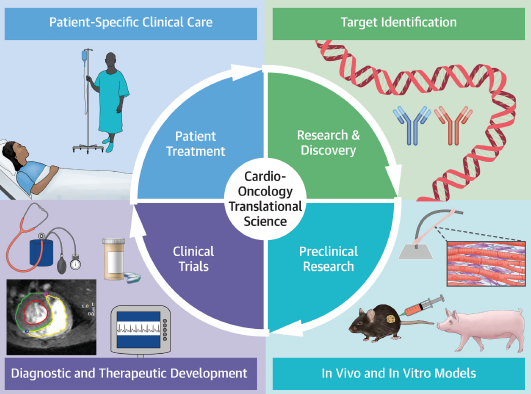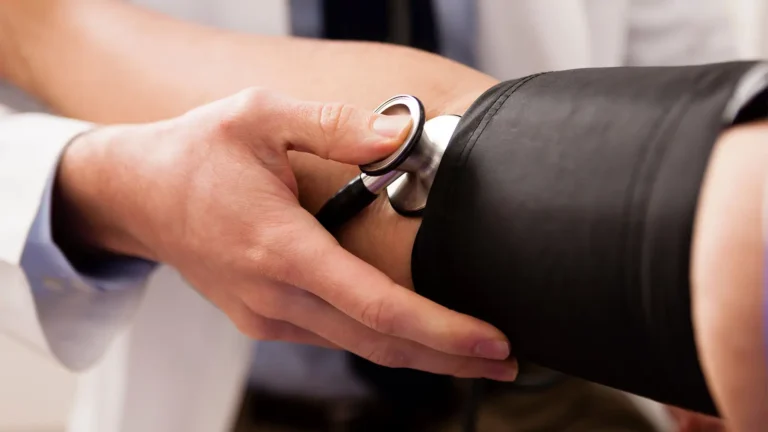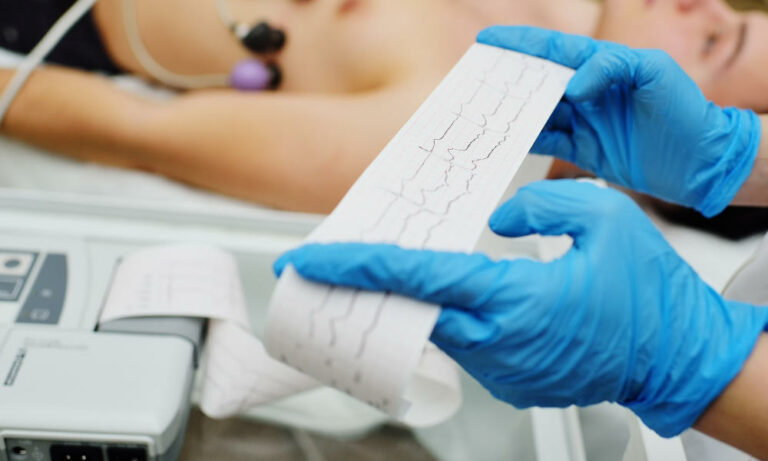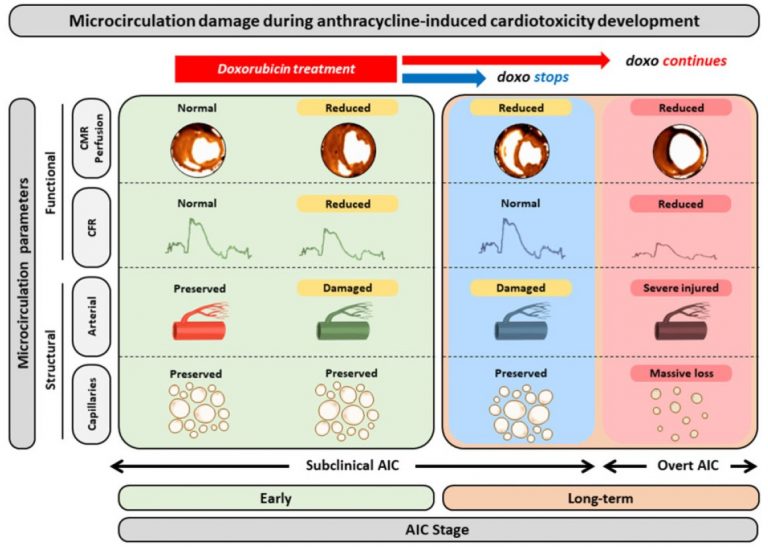Oncology research can be performed at the basic or clinical level, although the ideal is to connect both sectors to transform achievements in the laboratory into real changes for patients.
In recent years, the field of oncology has made impressive advances. However, much of the progress made in laboratories is barely translated into effective changes in the processes of prevention, diagnosis and treatment of cancer. Thus, a certain contrast can be observed between the achievements made in basic research and the improvements introduced in hospitals.
For this reason, there is an urgent need to bring the two worlds closer together, research and clinical practice with patients. As a possible solution, the concept of translational research has been proposed as a way of directing research towards a more direct clinical application.
Translational research and cancer
The primary objective of translational research in oncology is to be able to translate basic research findings into medical practice as quickly as possible. Thus, researchers try to understand the disease in order to identify its origin, causes and evolution, so as to improve the particular approach to each cancer patient. Thus, research connected with the reality of patients works to improve their quality of life, favor early diagnosis, promote personalized treatment selection, predict the evolution of cancer, minimize the side effects of treatments and increase survival.
The course of this form of research requires researchers to have excellent training, while at the same time having the latest technological advances at their disposal. With the appropriate financial resources obtained from various sources (public or private, national or international calls for proposals, donations and sponsorship, etc.) it is possible to develop projects capable of transferring the latest scientific advances achieved to cancer patients.
Research from the laboratory to the hospital
Research can be divided into several levels, from the most basic to the closest to patients’ lives in hospitals.
Basic and preclinical research
This form of research is the one that takes place in research centers and universities, but not in hospitals. Professionals in this sector work at the most basic level, with very sophisticated technology and resources.
Translational research
The aforementioned translational research represents the junction between basic and clinical research. It is the intermediate level and can be carried out in research centers, although ideally it should be performed in the hospitals themselves. Basic researchers, medical oncologists, surgeons, etc. collaborate at this level. Here, too, powerful technologies will be used, but the collaboration of patients will also be required.
Clinical trials
This type of research is always carried out in the hospital environment, where researchers work closely with patients and other professionals in the center. This is the case of the RESILIENCE H2020 project, which has a multidisciplinary team, in which industry, scientists, healthcare professionals and the patients themselves are involved.
If you want to know more about our clinical trial and the objective it pursues to improve the quality of life of oncology patients, please contact us!

